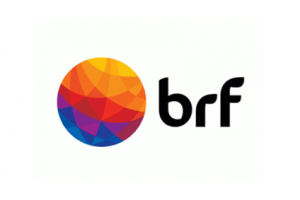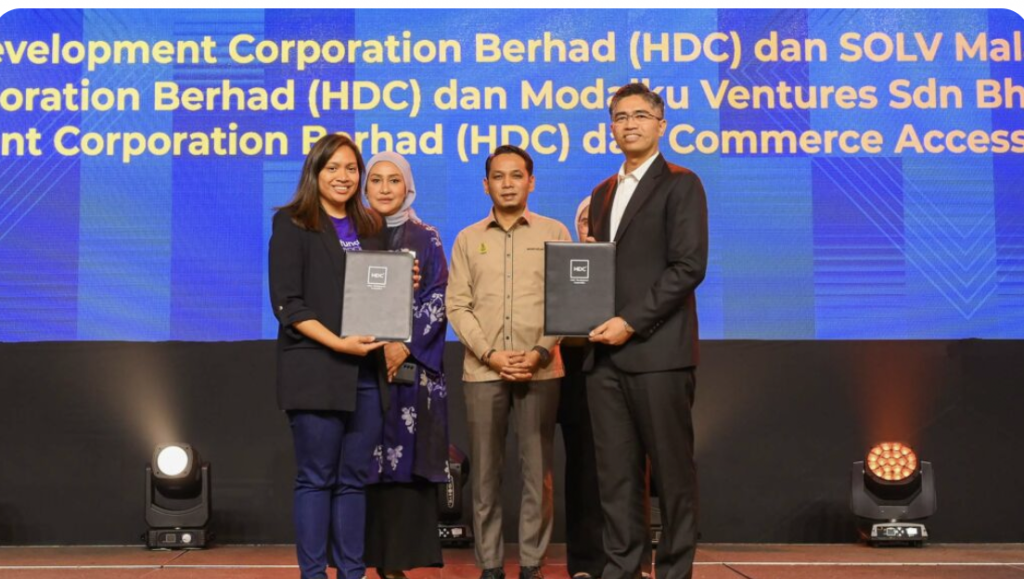Rushdi Siddiqui (Participation Finance/BANKING) / 10 February 2013
 Is crowd funding the VC for the masses, finally? Crowd funding enables — through a collective cooperation of a network of investors — pooling capital and other resources to seed initiatives, startups, expansions, etc.
Is crowd funding the VC for the masses, finally? Crowd funding enables — through a collective cooperation of a network of investors — pooling capital and other resources to seed initiatives, startups, expansions, etc.
It also an opportunity to attain the core ethical values of Shariah and the intended purposes of Islamic Finance “to do good” by contributing to socioeconomic development.
Meet Shehab Marzban, co-founder of Shekra, http://www.shekra.com, a socially responsible entrepreneurial ecosystem service provider based in Cairo but for the OIC countries.
Excerpts of the interview:
What is Shariah-compliant crowd funding about?
Crowd funding attempts to solve the major problems faced by entrepreneurs, access to capital, and ordinary individuals, access to deals/funds, traditionally for high net worth individuals/institutions.
Banks in the Muslim world do not lend without collateral, as an idea or early stage development company is too risky, too small to fund or the business model does not fit the financing criteria. Thus, venture capital does not exist in OIC in a meaningful manner. Furthermore, how many stories from the Muslim world about investing in the “next big thing” in Silicon Valley VC funds?
Crowd funding links entrepreneurs to pitch their ideas to a network of investors, who contribute small amounts of capital. The investors may invest across a diversified portfolio of startups to minimise their overall risk. Crowd funding has a multiplier effect through job creation, encouraging entrepreneurship, and impact ‘brain drain’ from OIC countries.
To ensure overall Shariah-compliance beyond the inherent ethical traits of the crowd funding process, Shekra ensures specific Shariah screening and legal formalities, as well as apply shareholder rights.
How does Shekra differ from conventional crowd funding platforms?
Shekra stands for “Sharek Fekra” (partner in an idea) and differs from typical crowd funding. It attempts to overcome the main challenges faced by global crowd funding platforms in terms of sustainability of the initiatives as well as considering the specific cultural, educational and social characteristics of entrepreneurs and investors in OIC countries.
Differences include:
- Shekra combines multiple aspects of the entrepreneurial ecosystem including reaching out to startups, business plan support, mentorship, milestone financing, and monitoring to increase the success rate and sustainability of crowd funded initiatives.
- Shekra provides investors with the opportunity to receive equity either through capital contribution or in-kind contributions such as office space or marketing campaigns, for instance, enabling a wider spectrum of interested investors to participate.
- Shekra is compensated through in-kind equity rather than a broker deal to ensure that Shekra’s interests as service provider are aligned with investors and entrepreneurs.
- Shekra is not labelled Islamic, but focuses on ensuring Shariah-compliance and social responsibility: core values and responsibility towards Islamic investors and entrepreneurs.
- Shekra focuses not only on growth companies or technology companies but also on startups that generate a steady income where the typical exit for investors might not be an acquisition but instead a buyback by the entrepreneur through a diminishing musharakah contract.
How can crowd funding contribute to OIC countries?
The development of small enterprises and startups is crucial for job creation, diversification, and contribution to knowledge-based economies. Most research identifies, especially in developing countries, the main problem of startups is to raise capital since they are positioned in the underserved funding gap: too big for microfinance and too small for private equity funds.
Additionally, OIC countries are rich — rich in human capital. This is the core asset and strength, which has to be supported and encouraged to increase the global outreach and success of startups “Made and Financed in OIC.’’
How will Shekra work across OIC countries?
Shekra strongly believes in partnership and joint collaboration, hence, focusing on identifying local partners to jointly build a Shekra investors network. We are excited about the pool of potential startups to be crowd funded across target markets. After starting in Egypt and closing the first crowd funding round shortly, Shekra is focusing to expand in North Africa, the GCC and selected ASEAN countries, Malaysia.
A key market is the UAE, especially after His Highness Shaikh Mohammed bin Rashid Al Maktoum, Vice-President and Prime Minister of the UAE and Ruler of Dubai’s recent announcement to make Dubai Islamic finance/halal hub, an optimal global platform for Shekra to operate.
What are the main challenges?
The demand is huge as we received an overwhelming number of startups looking for funding from more than 10 countries related to technology such as online media such as location-based retail shopping, fashion, arts portals, financial applications such as portfolio optimisation systems, small boutique natural textile producers, furniture design, renewable and green technologies, agricultural projects as well as social services, etc.
We are currently screening and prioritising. While this is an enormous potential, it flushes out how underserved this young and dynamic market, hence, putting additional positive pressure on us to grow faster than we projected. Another key challenge is to overcome the legality issues of crowd funding since we want to be able to raise capital from the public and have contributions as small as $ 10, which is currently not legally possible. Currently, we rely on a tight legal framework and a closed network of investors who join on request and recommendation basis.
The writer is Global Head of Islamic Finance & OIC Countries for Thomson Reuters. Views expressed by the author are his own and do not reflect the newspaper’s policy



